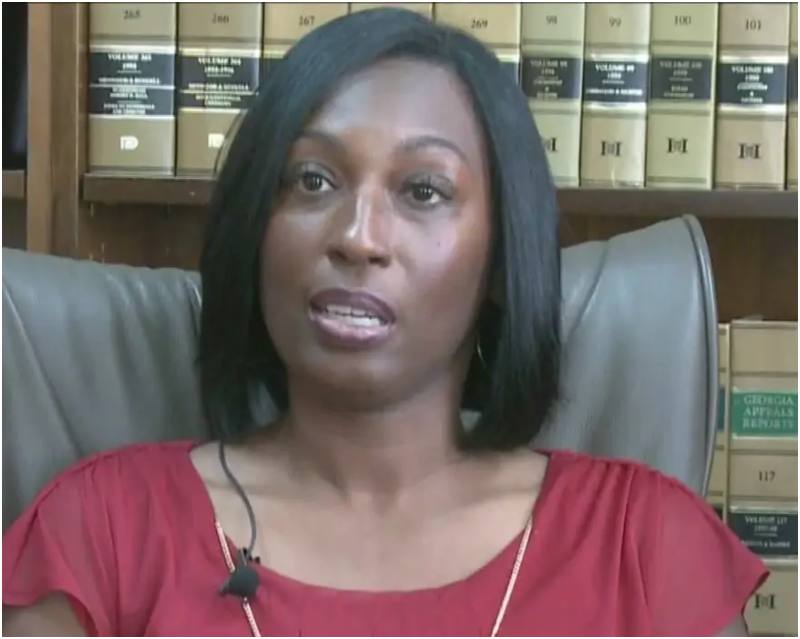A Georgia family’s nearly seven-year battle for justice after an FBI raid on the wrong home continues to face legal roadblocks due to the doctrine of qualified immunity.
The raid, which left a 7-year-old boy traumatized, occurred in 2017 when agents mistakenly swarmed the Atlanta residence of Curtrina Martin and her then-fiancé, Hilliard Toi Cliatt.
Despite filing multiple lawsuits, the couple’s quest for accountability has been hindered by federal immunity protections that shield government officials from liability when performing their official duties.
In April 2024, the 11th Circuit Court of Appeals upheld a lower court ruling, finding that FBI Special Agent Lawrence Guerra, who led the raid, did not violate the Constitution, even though agents stormed the wrong address—one block away from the intended target.
The court determined that Guerra had taken reasonable precautions given the circumstances, including similarities between the homes and poor visibility during the early morning raid.
As a result, the family’s claim under the Federal Tort Claims Act (FTCA), which allows individuals to sue the federal government for certain harms, was dismissed.
The court concluded that the FBI’s actions fell under discretionary functions protected by the FTCA and were further insulated by the Supremacy Clause of the U.S. Constitution.
The ruling echoes other cases where wrong-house raids have been shielded by qualified immunity, a legal doctrine established by the Supreme Court in Pierson v. Ray (1967).
Qualified immunity protects government officials from civil lawsuits unless their actions violate a “clearly established” legal right. The doctrine has increasingly faced criticism for enabling officials to escape liability even in cases of severe harm.
The trauma inflicted on Martin’s son, who was at home during the raid, remains a central point of the family’s ongoing legal fight.
“It’s much more than physical damage; it’s also mental,” Martin said in an interview with Reason magazine. “My son experienced so much trauma…that’s enough to want to say, ‘Hey, there should be some justice done in this situation.’”
The FBI later reimbursed the family’s insurance company for property damage, but Martin views the compensation as insufficient given the emotional and psychological toll.
The family’s attorney, Patrick Jaicomo of the Institute for Justice, emphasized the deeper harm caused by the raid, noting:
“My clients have lost sleep, jobs, trust, and a basic sense of security in their own home because the FBI couldn’t be bothered to check an address before leading a pre-dawn military-style raid.”
With lower courts consistently siding with the FBI, the family plans to petition the Supreme Court to hear their case, hoping for a ruling that challenges the broad application of qualified immunity.
The Martin family’s ordeal underscores the growing debate over the scope of qualified immunity and its impact on civil rights.
While the doctrine was initially designed to protect officials acting in good faith, critics argue it has evolved into an almost impenetrable shield, denying victims a path to justice.

